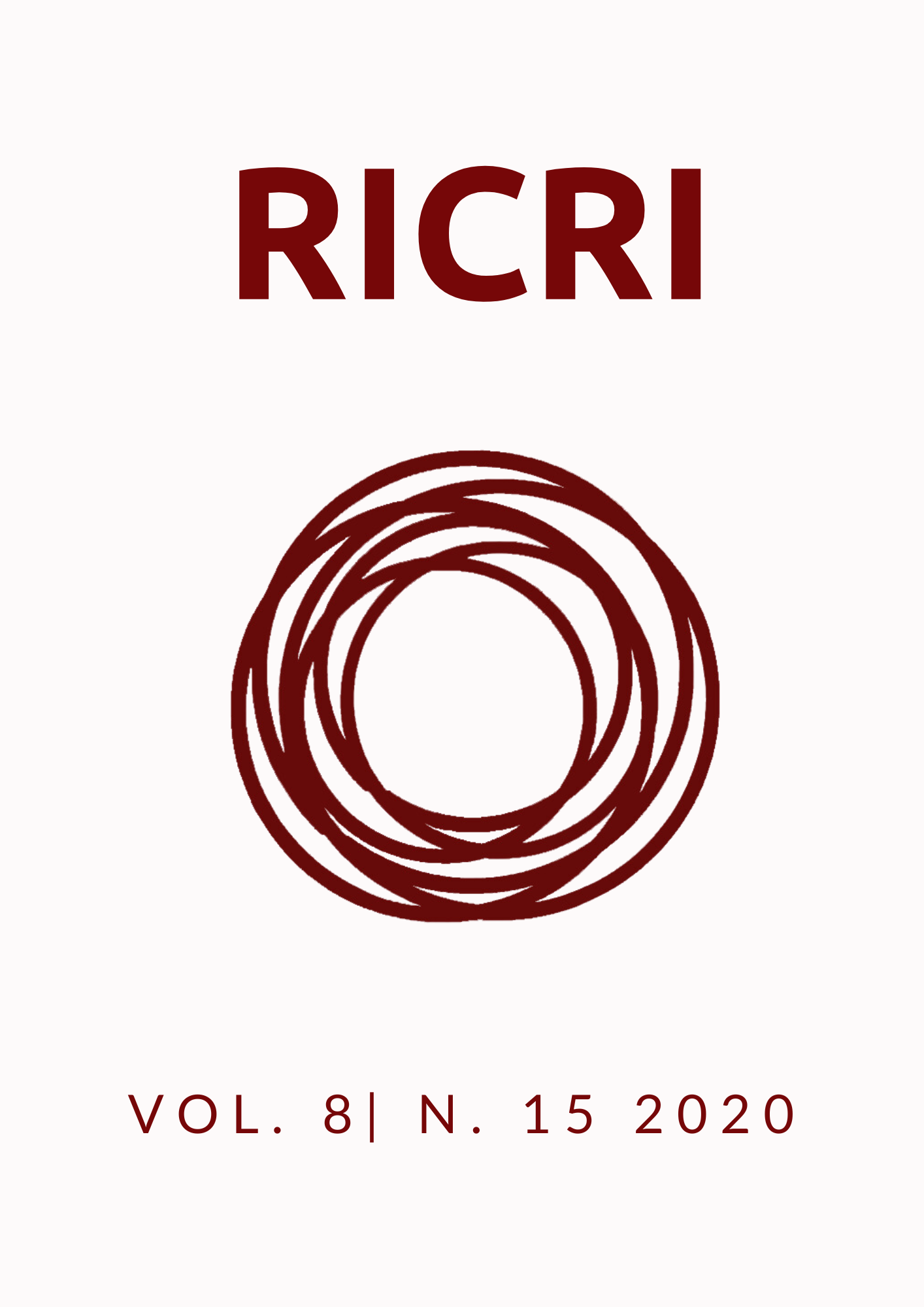THE “NEW” BRAZILIAN FOREIGN POLICY HAS BECOME “INSTAGRAMER”
Análise do Instagram oficial do Ministério das Relações Exteriores do Brasil e seu público
DOI:
https://doi.org/10.22478/ufpb.2318-9452.2020v8n15.55570Abstract
Giving the so called new agenda for foreign policy proposed by Ernesto Araújo, according to Miriam Saraiva (2019), this work intends to qualitatively analyse the official channel of Itamaraty (ministry of the foreign affairs of Brazil) on Instagram ¨@itamaratygovbr¨, at the beginning of Bolsonaro’s presidential term, and to diagnose how the content of the posts is quantitatively reverberated among the audience of this platform, in order to try to measure a likely approach of Itamaraty towards citizens according to the new agenda. The method proposed by Laurence Bardin has been used, through a qualitative data survey; followed by a categorization-indexing of publications articulated in main topics and in adjacent sub-topics. Subsequently, there is a detailed discussion of the obtained results. The analysis allows us to conclude as Blumler and Kavanagh (1999) argue, that the social network contributed as a tool of official informations, concerning the repatriation initiatives supported by the ministry during the Covid-19, which has been the most posted topic and which gathered the biggest number of comments. Another notable topic was the crisis in Venezuela. On the engagement with the audience it is possible to observe that ministerial subjects, such as Bolsonaro’s and the minister’s inauguration, have brought great commotion among the users.
Downloads
Published
How to Cite
Issue
Section
License
Authors who publish with this journal agree to the following terms:
a. Authors retain copyright and grant the journal right of first publication with the work simultaneously licensed under a Creative Commons Attribution License that allows for sharing of work with acknowledgment of its initial publication in this journal.
b. Authors are able to take on additional contracts separately for non-exclusive distribution of the version of the work published in this journal (e.g., post it to an institutional repository or as a book), with an acknowledgment of its initial publication in this journal.
c. Authors are permitted and encouraged to post their work online ( eg, in institutional repositories or on their website) at any point before or during the submission process, as it can lead to productive exchanges , as well as increase the impact and citation of published work ( See the Effect of Open Access).




